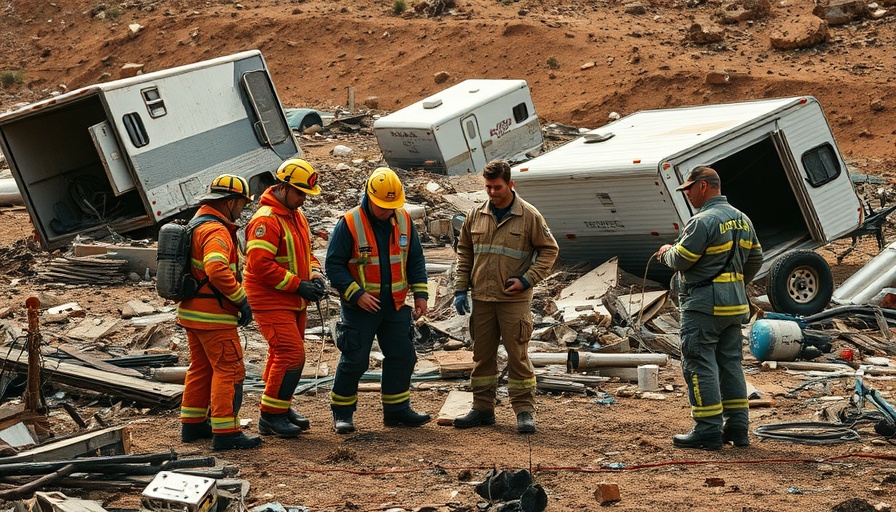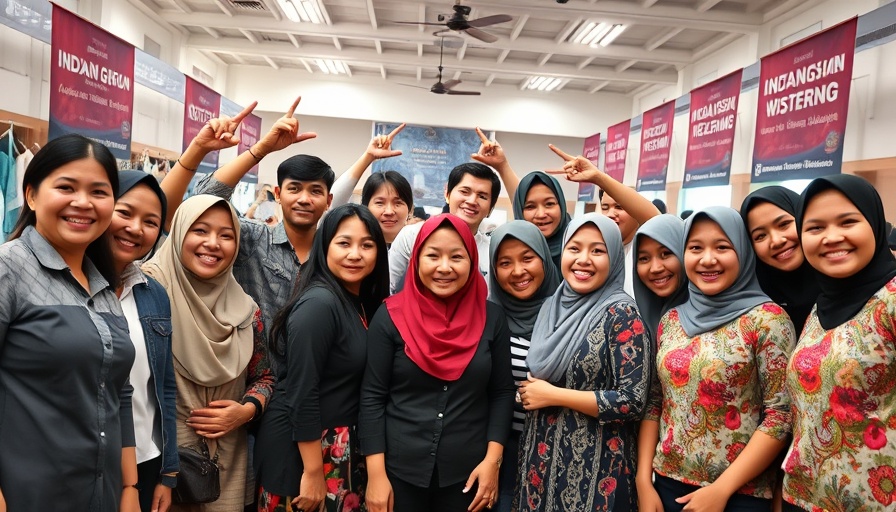
The Future of Disaster Response: A Shift in Responsibility
In a significant policy shift, President Donald Trump has announced plans to reshape how disasters are managed in the United States. As the nation braces for the 2025 hurricane season, Trump asserts that states should take the helm in disaster response and recovery, moving away from the Federal Emergency Management Agency (FEMA) as it currently operates. This decision comes after repeated critiques of FEMA's effectiveness and a belief that state governments can better manage local emergencies.
Trump's Vision for State Control
During a recent statement, Trump highlighted his intent to significantly reduce FEMA’s role. “We want to wean off of FEMA, and we want to bring it down to the state level,” he said. This reflects a vision where governors assume command, suggesting that if they aren’t capable of managing disasters, their fitness for the role of governor should be reconsidered. This rhetoric not only reshapes the emergency management landscape but also raises questions about the adequacy of state-level responses to overwhelming disasters.
The Reception from Experts and Managers
The reaction to Trump’s announcement has been mixed, with many emergency management professionals expressing concern. The skepticism stems from a belief that states often lack the budgetary breadth and personnel resources to handle the largest disasters independently. A FEMA leader stated, “This is a complete misunderstanding of the role of the federal government in emergency management.” Their position underscores the belief that localized efforts cannot feasibly replace FEMA’s established infrastructure and resources, particularly in catastrophic scenarios.
Building Up Local Resources: The Role of Governors
As part of this plan, Trump plans to distribute funds directly from the Oval Office rather than through FEMA. This initiative seeks to encourage governors to establish mutual aid agreements with neighboring states and build communication networks for collective disaster response. Trump’s administration and Homeland Security Secretary Kristi Noem stress that empowered local governance will allow for faster disaster responses, preparing them for when federal aid enters the picture only as a last resort.
Implications for Future Disasters
With a looming hurricane season, this policy may radically influence how states prepare and respond to natural disasters. The emphasis will be on building state-level capacities—raising concerns that overwhelmed states could be left to fend for themselves in times of crisis. Emerging from this approach could be innovative strategies local leaders must employ to manage emergencies effectively without heavy reliance on federal intervention.
Community Resilience through Sustainability
As the government attempts to redefine disaster management, boutique hospitality professionals may find opportunities to contribute to community resilience by adopting sustainable practices. This segment of the industry, which includes eco-lodges and small-scale hotels, can play a pivotal role in promoting environmental awareness through initiatives like chaos gardening and bee conservation. Sustainable practices could bolster local economies, encouraging a self-sufficient approach to adversity.
Conclusion: Navigating a New Emergency Landscape
As we move towards a new era of disaster management, the balance of state and federal responsibilities remains a point of contention. Boutique hospitality professionals can stay engaged in the conversation by advocating for sustainable community practices and proactive disaster preparedness initiatives. As these dynamics unfold, it’s imperative to remain informed and adaptable, ensuring that the needs of affected communities are met.
Take Action: Now more than ever, it’s crucial for hospitality leaders to explore sustainable practices that not only enhance their business but also contribute to community resilience. Engage with local governments and fellow entrepreneurs to foster a united front in preparing for the unpredictable nature of disasters.
 Add Row
Add Row  Add
Add 




 Add Row
Add Row  Add
Add 

Write A Comment